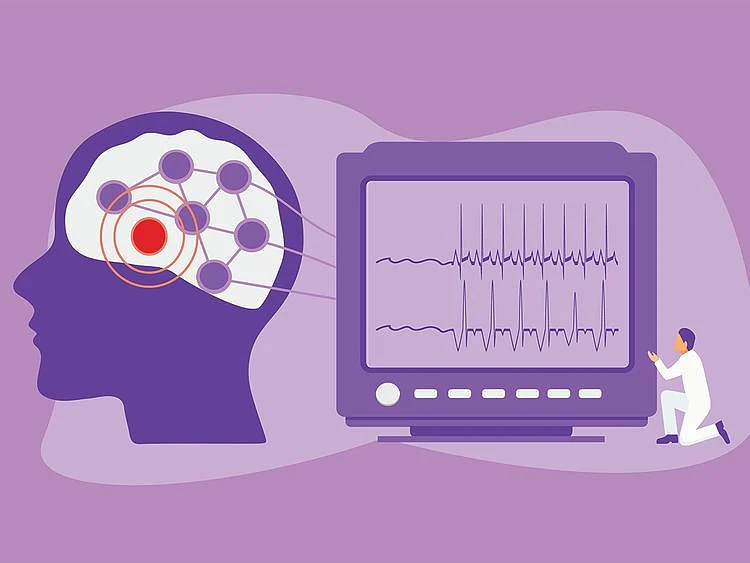In light of International Epilepsy Day, the Dubai Health Authority (DHA) stressed the importance of raising awareness about the diseases and highlighted the epilepsy services provided by the Neurology Department at Rashid Hospital— the largest neurology service centre in the UAE.
International Epilepsy Day is celebrated on the second Monday of February every year to raise awareness on epilepsy around the world and highlight the problems faced by people with epilepsy, their families and caretakers.
Raising awareness
Dr Muhammad Majid Al Kaylani, a consultant Neurologist and Epileptologist at Rashid Hospital stressed the importance of raising awareness on the disease, as 10 per cent of the population are prone to have a seizure during their life, even if they don’t have epilepsy—due to different reasons such as head trauma.
“Nobody is immune to epilepsy, which can start at any age, from birth to adulthood. The causes of epilepsy include but are not limited to genetics, lesions of the brain such as tumours, developmental malformations of the brain, acute and chronic infections, head trauma, strokes, or even autoimmune disease. We call on Dubai citizens or those who know a person suffering from epilepsy to reach out for help as 60-70 per cent of epilepsy cases can be controlled by medication.”
He explained that epilepsy is a chronic neurological disorder that causes the brain activity to become abnormal, causing seizures. The symptoms of the seizure can occur unpredictably and can range from brief twitches or blank staring to complete loss of consciousness with falling & jerking of the body.
“Generally speaking, there are two classifications for seizures and monitoring patients’ EEG and MRIs helps us determine which one they suffer from. This has a big impact on their management and medication. The two classifications are generalised seizures, which affect both sides of the brain and focal seizures, which can start in one area or group of cells in one side of the brain. However, some patients may have both and some patients with focal seizures, may have more than one focus. ”
Dr Al- Kaylani said that treatment with medications or sometimes surgery can control seizures for the majority of people with epilepsy. He explained that around 30 per cent of epilepsy patients become resistant to medication, meaning that their seizures no longer respond to their medications and in such cases they will be evaluated to see if they need epilepsy surgery.
Sign up for the Daily Briefing
Get the latest news and updates straight to your inbox
Network Links
GN StoreDownload our app
© Al Nisr Publishing LLC 2026. All rights reserved.
